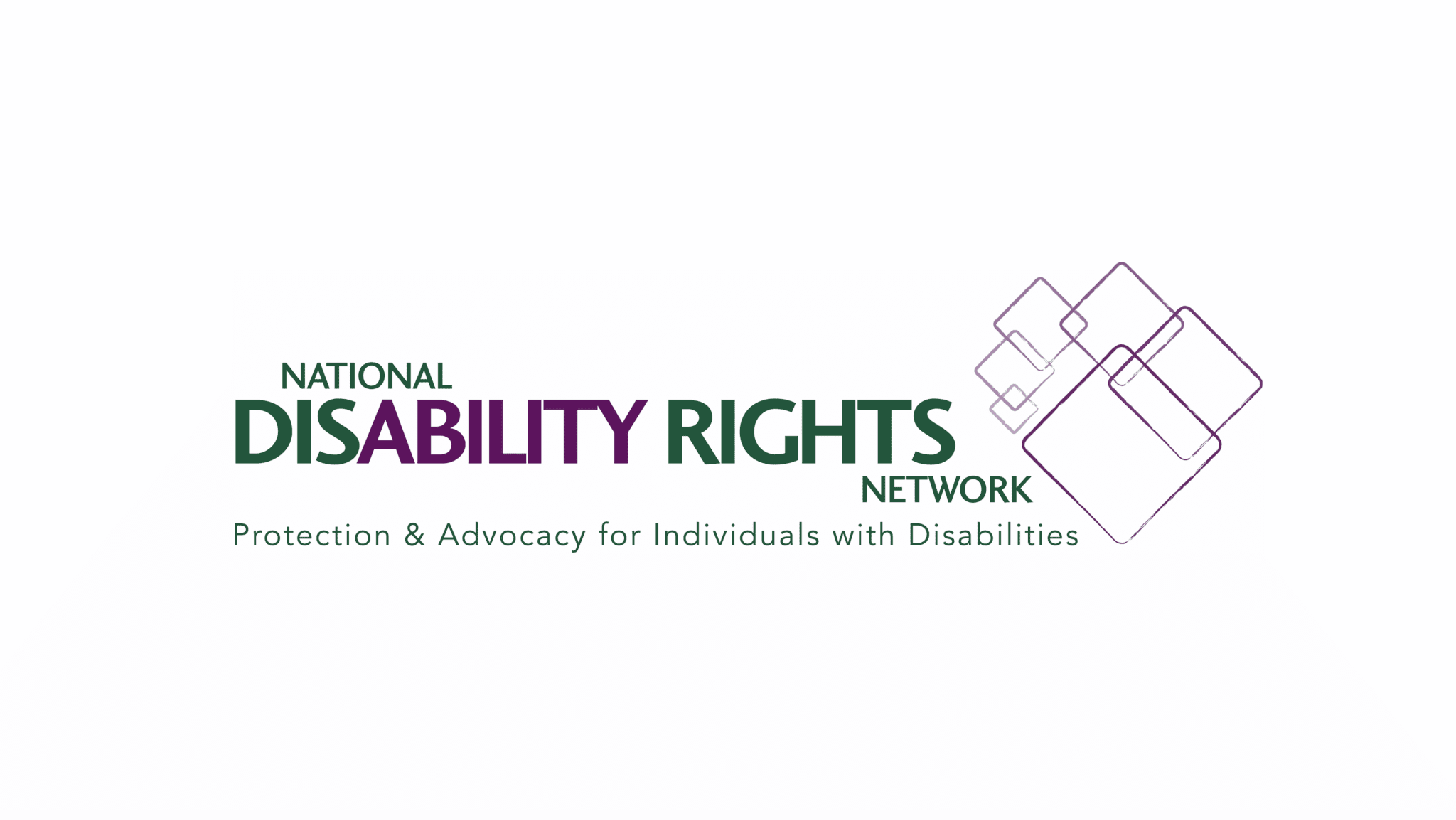Dealing with COVID-19 is difficult for everyone, but for those with mental health labels, there can be added layers of distress. That said, this is not the time for states to loosen regulations on involuntary commitment. The National Disability Rights Network (NDRN) calls for continued adherence to due process regulations, so those with mental health conditions are not unnecessarily taken from their communities and natural support systems.
Much of the homeless population also has underlying disabilities that make it harder for them to comply with “lockdown/Stay At Home orders.” NDRN calls for law enforcement to treat these situations with all due compassion and diligently avoid unnecessary involvement in the criminal justice system! Fines levied on poor and low-income communities should be avoided as failure to pay/comply may result in long-term consequences like jail time or other punitive consequences. Excessive force and over-policing in minority communities also raise particular concerns about the safety and wellness of Black Indigenous People of Color with mental health considerations. NDRN advocates for cities and states to adopt anti-discrimination protocols that prioritize mental health needs, promote de-escalation techniques, and center all those most impacted by the pandemic.
NDRN urges more inclusive mental health responses and outreach efforts to become more disability competent to better serve those with multiple needs/conditions. Many national hotlines and virtual counseling programs fail to be accessible for those who are Deaf and are blind/low-vision – not to mention – give service accessible to those who have intellectual disabilities. Since many of these services receive federal and/or state funding, NDRN advocates for effective communication access as required by the Rehabilitation Act and ADA.

